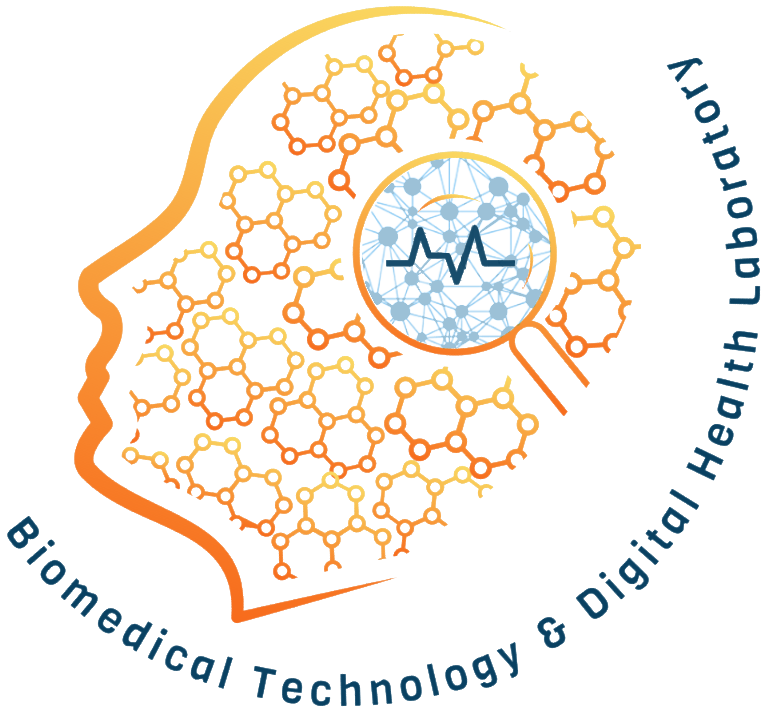Σε μια ενδιαφέρουσα διάλεξη που πραγματοποιήθηκε την Τετάρτη, 18 Οκτωβρίου 2023, στο Αμφιθέατρο AP1_8 του Campus στη ΖΕΠ, ο Δρ. Tariq Osman Andersen, Αναπληρωτής Καθηγητής του Τμήματος Πληροφορικής του Πανεπιστημίου της Κοπεγχάγης, μας παρουσίασε τις προκλήσεις που συναντά η ιατρική ΑΙ.
Η ομιλία, με τίτλο “Why is so difficult to Realise Medical AI?” εστίασε στα εμπόδια που είναι αναγκαίο να ξεπεραστούν για την πλήρη ενσωμάτωση των συστημάτων ΑΙ στην ιατρική πράξη. Ο Δρ. Andersen ανέπτυξε την σημασία της αλληλεπίδρασης μεταξύ τεχνολογικής καινοτομίας και ιατρικής εξειδίκευσης, ενώ τόνισε και την ανάγκη για διεθνείς συνεργασίες στον τομέα.
Η διάλεξη έλαβε χώρα με πλήρη συμμετοχή και έλαβε θετικά σχόλια από το ακροατήριο, που αποτελούνταν από φοιτητές και ακαδημαϊκούς του Πανεπιστημίου. Η παρουσίαση ήταν όχι μόνο επιστημονικά ουσιώδης, αλλά και επίκαιρη, αφού η εφαρμογή της ΑΙ στην ιατρική είναι ένας από τους πιο υποσχόμενους και ταυτόχρονα προκλητικούς τομείς της σύγχρονης επιστήμης.
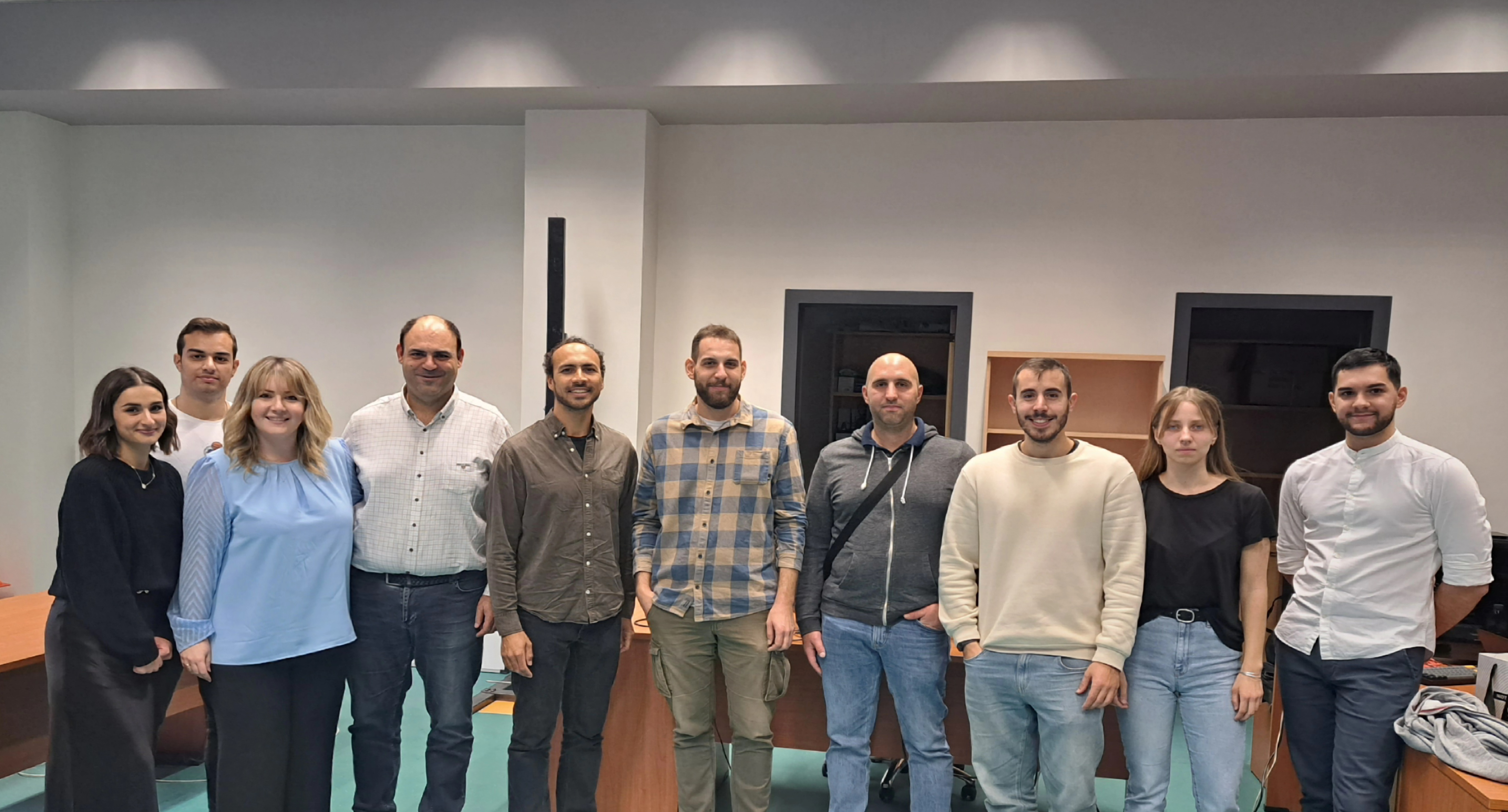
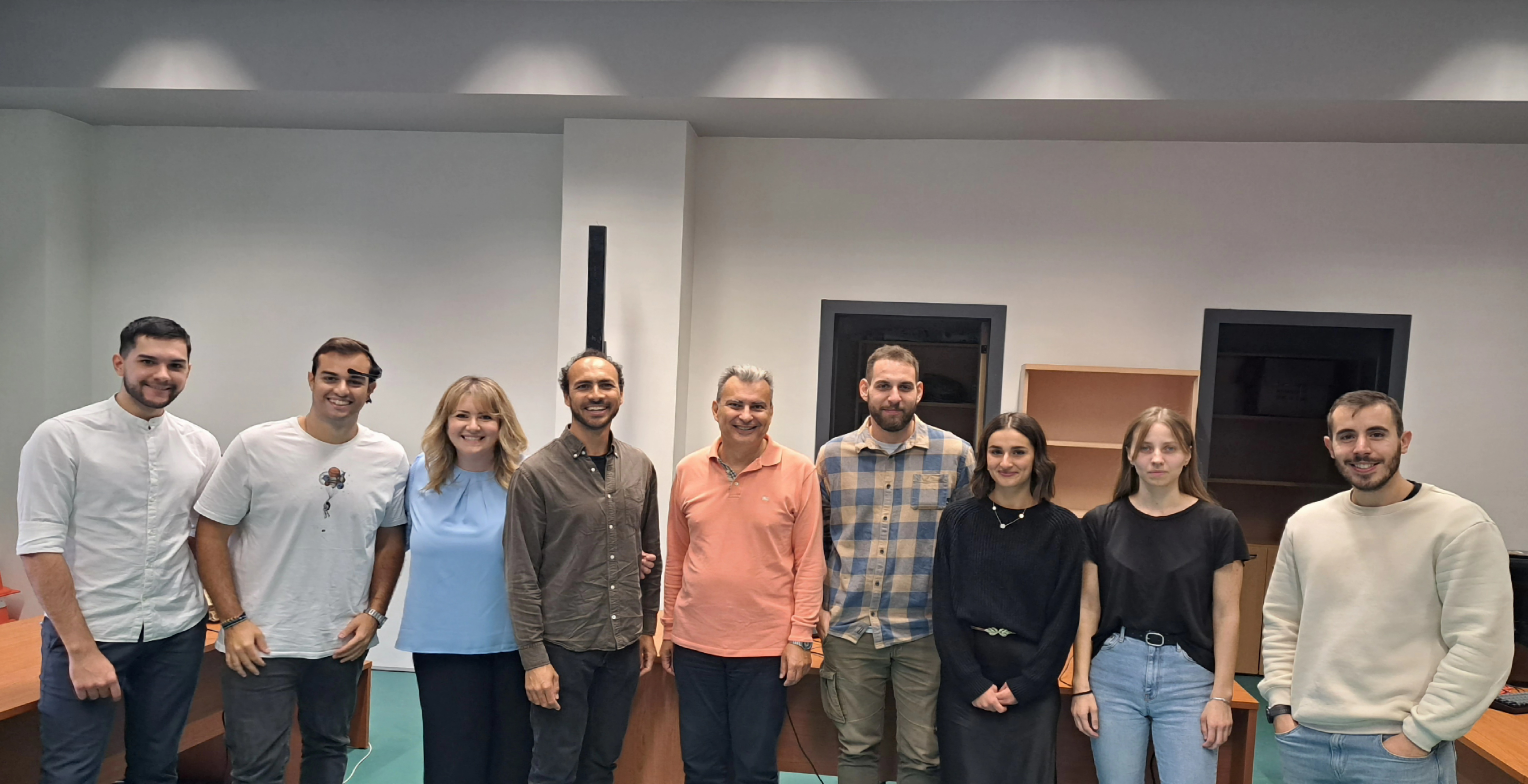
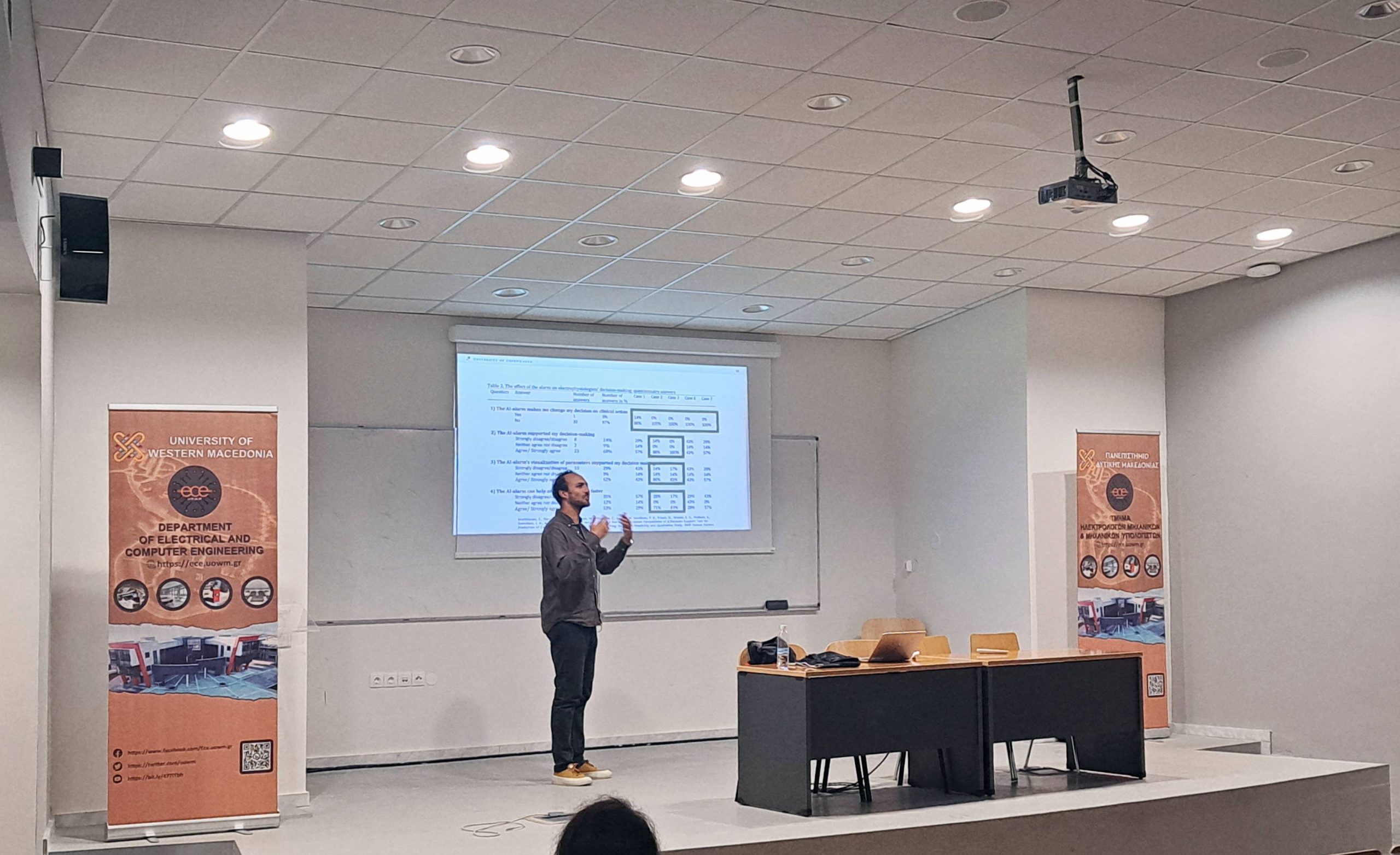
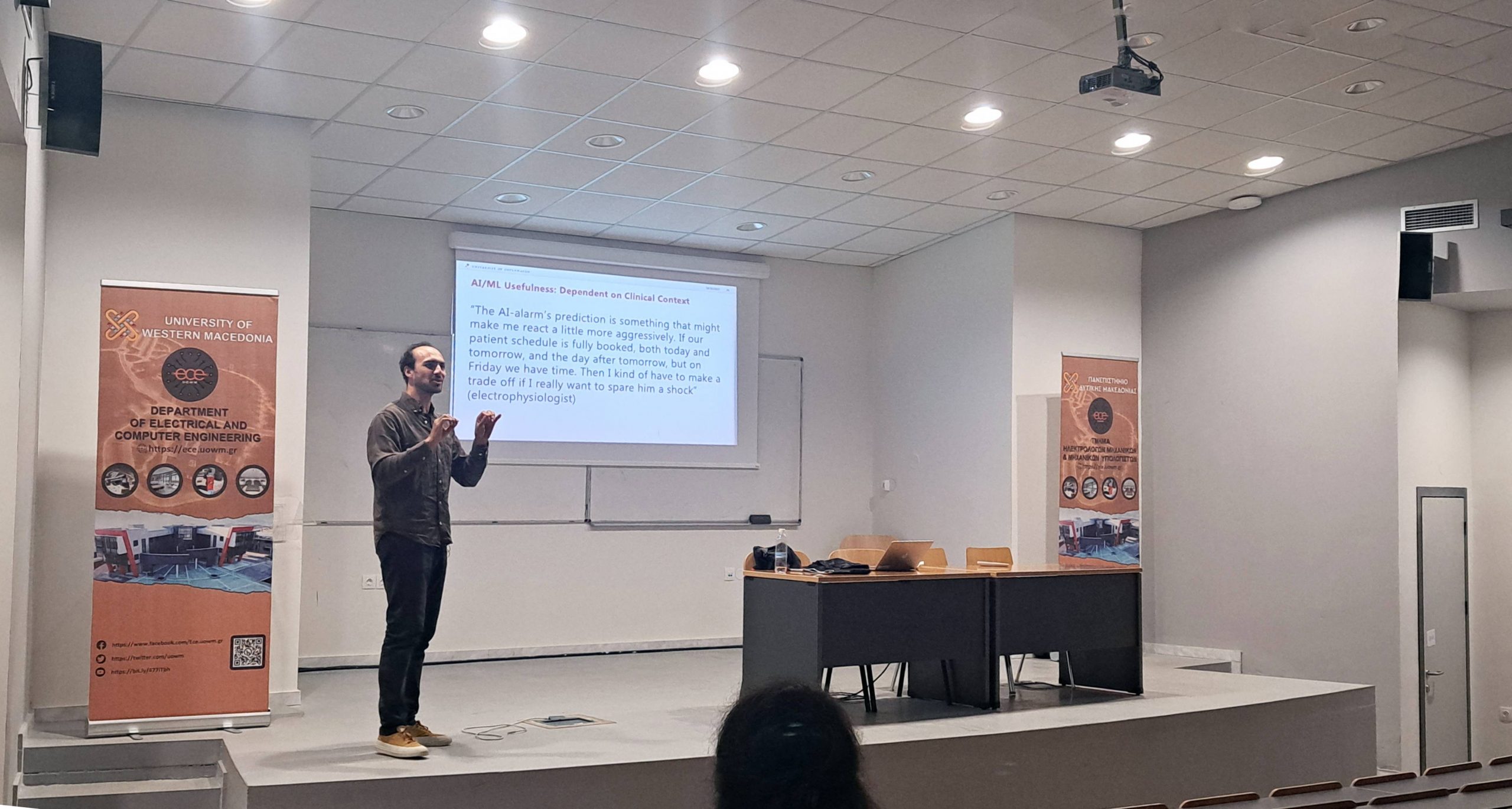
Abstract:
Artificial Intelligence (AI) in medical applications holds great promise. However, the use of Machine Learning based (ML) systems in clinical practice is still minimal. It is uniquely difficult to introduce clinician-facing ML-based systems in practice, which has been recognised in HCI and related fields. Recent publications have begun to address the sociotechnical challenges of designing, developing, and successfully deploying clinician facing ML-based systems. We will discuss the question: “How can HCI researchers and practitioners contribute to the successful realisation of ML in medical practice?” The main items to be discussed are: (1) an overview of the technical aspects of ML innovation and their consequences for HCI researchers and practitioners; (2) a description of the different roles that ML-based systems can take in clinical settings; (3) a conceptualization of the main activities of medical ML innovation processes; (4) identification of five sociotechnical interdependencies that emerge from medical ML innovation; and (5) implications for HCI researchers and practitioners on how to mitigate the sociotechnical challenges of medical ML innovation.
Biography:
Tariq Osman Andersen is Associate Professor of Health Informatics at the Department of Computer Science, University of Copenhagen. His research focuses on AI in digital health and explores how co-design and sociotechnical evaluation can support realising machine learning based systems in healthcare. Tariq’s main research fields are Human-Computer Interaction and Health Informatics. Among other things, Tariq has contributed to understanding patient experience with self-care technologies, distributed patient-clinical collaboration and clinical decision making using AI.
Tariq has experience from being PI and co-PI on several national and international R&D projects. Here, Tariq has been the main driver of establishing and maintaining a Living Lab with more than 300 pacemaker patients at Copenhagen University Hospital. This work has led to the co-founding of a digital health spinout, Vital Beats ApS. Tariq is currently bringing his experience into R&D collaborations with several start-ups to support design and transition of machine learning based applications into real world clinical practice including radiology, cardiology and dermatology.
